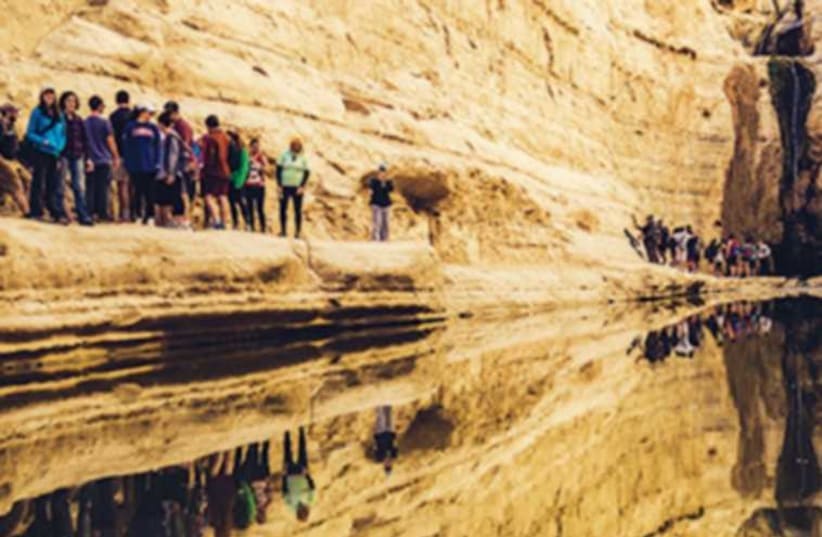See the latest opinion pieces on our page
I grew up knowing nothing about my Jewish ancestors, which was one of the main reasons I wanted to go to Israel. The purpose of my Taglit-Birthright Israel experience was to understand more about the religion that they were so willing to die for. Personally, I didn’t feel the strong connection to Israel that everyone else was experiencing until the eighth day, when we toured Yad Vashem. I had studied the Holocaust for years and had been to several different museums, but none of them affected me in the way Yad Vashem did.For the first time in my life, I was able to understand the emotions the Jewish people were feeling before, during and even after the Holocaust. I never understood why the Jews didn’t all escape, because I was never really taught to understand the circumstances that these people were living under. Of course my ancestors didn’t want to leave their lives behind in Poland. They were established there, had their jobs and were raising their families. They didn’t expect things to ever get as bad as they got, and were just thinking of the light at the end of the tunnel.The emotions I felt in Yad Vashem were so strong I had to walk away from my group and tour the museum alone. I ended up stumbling into the area where you can access the Holocaust victims’ database. This exact moment is what made Birthright the experience I was hoping for.I was able to look up the 24 Blassers that had been murdered, and, for the first time, actually feel a connection to them. Before they were like figments of my imagination since I knew nothing about them. Seeing their ages and learning their birth cities made them real to me.Going to Israel on Taglit-Birthright Israel was an incredible and humbling experience for me.Although my goal was to find some sort of connection with my ancestors, I never thought it would impact me as strongly as it did. Not only was I able to learn and experience the history of Judaism, I was able to do this alongside my closest friends. I am grateful for the generosity of Taglit-Birthright Israel and am beyond thankful to have had an opportunity to connect with my ancestors.The author is a Miami native raised by Brazilian/ Dutch and Panamanian parents and with a growing curiosity for travel and adventure. She graduated from American University (Washington, DC) in 2012 with a degree in International Business and Marketing. She has been in the advertising industry since graduating, and is currently working at Alma DDB as an interactive brand executive.
Taglit-Birthright Israel helped me connect with my ancestors
I grew up knowing nothing about my Jewish ancestors, which was one of the main reasons I wanted to go to Israel.
